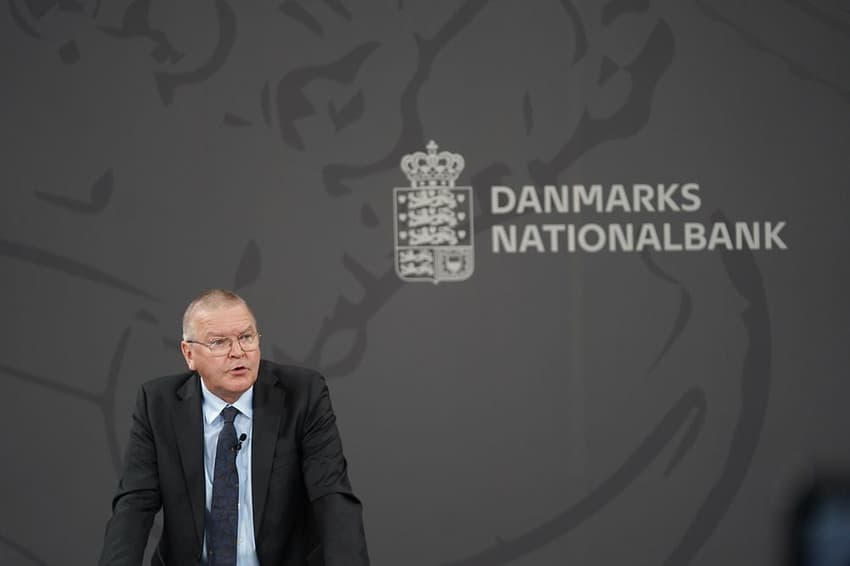Danish central bank expects coronavirus lockdown to slow economy

Denmark’s central bank Nationalbanken has predicted lower economic growth in 2021 than previously expected.
The country’s GDP is now expected to increase by 1.4 percent this year, according to the new prognosis published by the central bank on Wednesday. The earlier projection was 2.9 percent.
Low economic activity during the winter lockdown, which was partially lifted on March 1st when some shops reopened, has contributed to the slowdown.
Progression of Denmark’s vaccination programme and continued easing of restrictions is expected to enable economic activity and growth to recover later this year.
“There is still great uncertainty about the economic development, which could be a lot stronger or a lot weaker than in our prognoses,” Nationalbanken director Lars Rohde said.
“There may therefore be a need to restrict or ease planned fiscal policy when restrictions are lifted. And it is important to be prepared for both,” Rohde continued in a press statement.
The prognosis suggests Denmark’s economy will make a limited recovery from the disastrous effects of 2020 and the coronavirus crisis. Initial indicators published by Statistics Denmark in February suggested that the economy shrank by 3.7 percent last year. That is the biggest hit to the economy since the global financial crisis in 2009.
The previous prognosis from the national bank was published in December, before restrictions were escalated by the government amid the worsening winter wave of the coronavirus.
Although growth in 2021 is expected to be limited, subsequent years could see the recovery gain pace, according to Tuesday’s prognosis.
GDP is predicted to grow by 4.5 percent in 2022, and by 2.2 percent in 2023.
READ ALSO: Denmark’s economy hardest-hit since global economic crisis but worst may be over
Comments
See Also
The country’s GDP is now expected to increase by 1.4 percent this year, according to the new prognosis published by the central bank on Wednesday. The earlier projection was 2.9 percent.
Low economic activity during the winter lockdown, which was partially lifted on March 1st when some shops reopened, has contributed to the slowdown.
Progression of Denmark’s vaccination programme and continued easing of restrictions is expected to enable economic activity and growth to recover later this year.
“There is still great uncertainty about the economic development, which could be a lot stronger or a lot weaker than in our prognoses,” Nationalbanken director Lars Rohde said.
“There may therefore be a need to restrict or ease planned fiscal policy when restrictions are lifted. And it is important to be prepared for both,” Rohde continued in a press statement.
The prognosis suggests Denmark’s economy will make a limited recovery from the disastrous effects of 2020 and the coronavirus crisis. Initial indicators published by Statistics Denmark in February suggested that the economy shrank by 3.7 percent last year. That is the biggest hit to the economy since the global financial crisis in 2009.
The previous prognosis from the national bank was published in December, before restrictions were escalated by the government amid the worsening winter wave of the coronavirus.
Although growth in 2021 is expected to be limited, subsequent years could see the recovery gain pace, according to Tuesday’s prognosis.
GDP is predicted to grow by 4.5 percent in 2022, and by 2.2 percent in 2023.
READ ALSO: Denmark’s economy hardest-hit since global economic crisis but worst may be over
Join the conversation in our comments section below. Share your own views and experience and if you have a question or suggestion for our journalists then email us at [email protected].
Please keep comments civil, constructive and on topic – and make sure to read our terms of use before getting involved.
Please log in here to leave a comment.